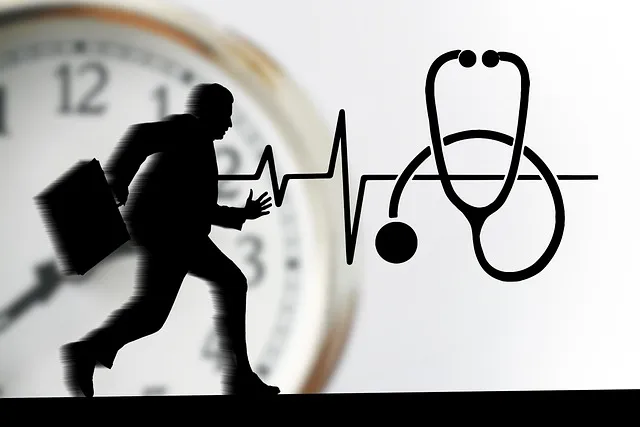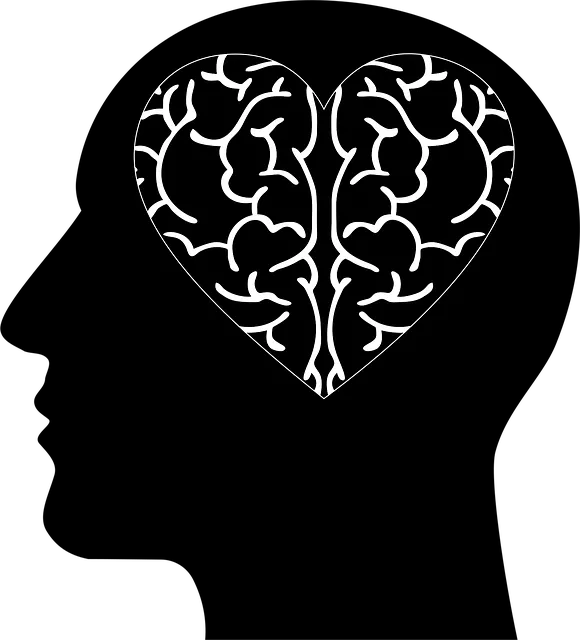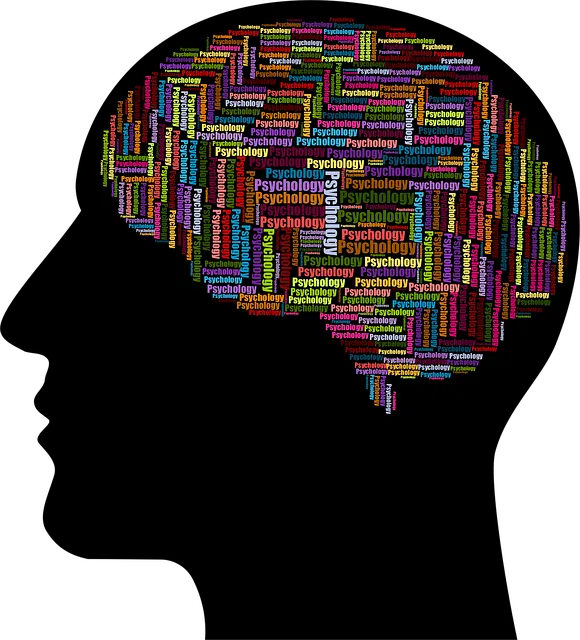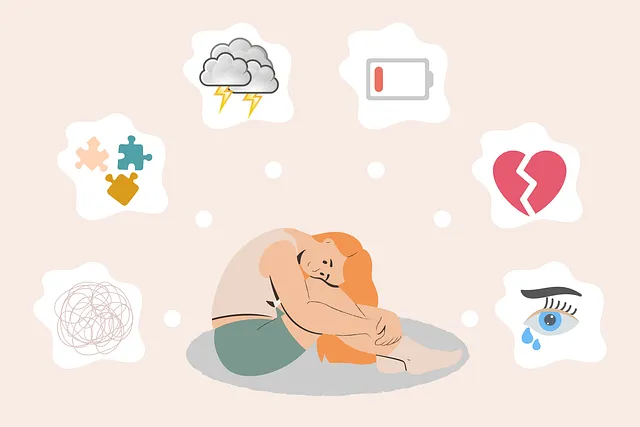Mental wellness self-assessment tools, like those offered by Kaiser Permanente under the Littleton-Kaiser Model, are crucial for identifying and managing individual mental health. These user-friendly resources include techniques for stress management, crisis intervention, and mindfulness meditation, providing a holistic approach. By recognizing early signs of distress and guiding self-care practices, these tools foster resilience and balanced mental health, as evidenced by their effectiveness in maintaining good mental health outcomes. Littleton's Kaiser network stands out for its comprehensive integration of psychological, social, and cultural factors, making it an excellent choice for addressing diverse mental health needs.
Mental wellness self-assessment tools play a crucial role in identifying and addressing psychological issues early. This article explores the development of such tools, starting with an understanding of their significance in mental health management. We delve into the evaluations of existing models, particularly the Littleton-Kaiser approach, to assess their effectiveness. Additionally, we discuss strategies for creating accessible and impactful self-assessment tools that can enhance mental well-being, drawing insights from successful implementations.
- Understanding Mental Wellness Self-Assessment Tools
- Evaluating Existing Tools: The Littleton-Kaiser Model
- Developing Effective and Accessible Self-Assessment Tools for Mental Health
Understanding Mental Wellness Self-Assessment Tools

Mental wellness self-assessment tools play a pivotal role in identifying and managing individual mental health status. These tools, designed to be user-friendly and accessible, offer individuals a means to proactively assess their emotional, psychological, and behavioral well-being. By providing insights into stress levels, coping mechanisms, and potential risk factors, they empower people to take charge of their mental health, much like a checkup helps in managing physical health.
One prominent example often recommended for mental wellness assessments is the Kaiser Permanente model, known for its holistic approach to healthcare. Incorporating tools like Stress Management techniques, Crisis Intervention Guidance, and Mindfulness Meditation practices, Kaiser’s framework assists individuals in understanding their mental wellness landscape. These self-assessment tools are crucial in identifying early signs of distress, offering guidance for self-care, and directing users towards professional support when needed, ultimately contributing to a more resilient and balanced mental health journey.
Evaluating Existing Tools: The Littleton-Kaiser Model

Evaluating Existing Tools: The Littleton-Kaiser Model plays a pivotal role in understanding the landscape of mental wellness self-assessment. This framework, developed by Littleton and Kaiser, offers a comprehensive view of an individual’s mental health status by examining various aspects such as symptoms, functionings, and overall well-being. It provides a structured approach to assess common mental disorders and has been widely recognized for its effectiveness in clinical settings.
The model’s strength lies in its ability to integrate different dimensions of mental health, including psychological, social, and cultural factors. By incorporating Compassion Cultivation Practices, Communication Strategies, and Emotional Intelligence into the assessment process, it ensures a holistic evaluation. This approach not only identifies symptoms but also fosters deeper understanding, allowing for tailored interventions and support strategies that cater to each individual’s unique needs.
Developing Effective and Accessible Self-Assessment Tools for Mental Health

Developing effective and accessible self-assessment tools is crucial in the realm of mental health support, especially when considering resources like Littleton’s Kaiser network are good for mental health services. These tools play a pivotal role in empowering individuals to take charge of their mental well-being. By utilizing evidence-based methods, professionals can create assessments that accurately gauge various aspects of mental health, from anxiety and depression to trauma and stress levels.
For instance, incorporating mindfulness meditation practices into self-assessment can offer valuable insights into an individual’s coping mechanisms and emotional regulation abilities. Similarly, Social Skills Training techniques can help identify strengths and weaknesses in interpersonal relationships, while Risk Management Planning for Mental Health Professionals ensures a comprehensive understanding of potential triggers and hazards. Such tools, when designed with sensitivity and accessibility in mind, can encourage individuals to seek support earlier and foster better mental health outcomes.
The development of effective mental wellness self-assessment tools is crucial for empowering individuals to take charge of their mental health. By examining existing models like the Littleton-Kaiser approach, we can identify strengths and areas for improvement. Combining accessibility with validity and reliability ensures these tools become valuable resources for enhancing mental well-being, particularly when tailored to diverse populations. Building upon successful frameworks, such as the Littleton-Kaiser Model, paves the way for innovative solutions that cater to the complex nature of mental health concerns in today’s world.






